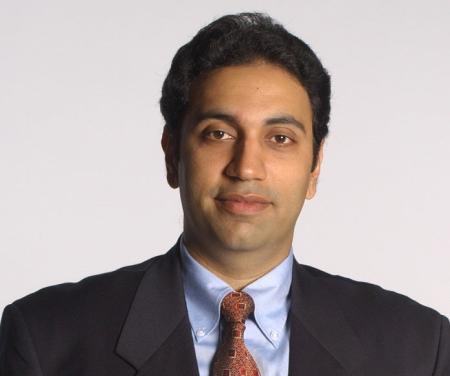Can Two Wrongs Make a Right?: Insights from the Development of the Home Mortgage Market in India
3600 Market Street, Suite 560 (5th floor)
University of Pennsylvania
Philadelphia, PA 19104
About the Speaker:
Vikramaditya Khanna is the William W. Cook Professor of Law at the University of Michigan Law School. He earned his S.J.D. at Harvard Law School and was the Bruce W. Nichols Visiting Professor of Law in Fall 2013 at Harvard Law School. He has also been a Senior Research Fellow at Columbia Law School and Yale Law School, and a Visiting Scholar at Stanford Law School. He received the John M. Olin Faculty Fellowship in 2002–2003, and his interest areas include corporate and securities laws, law and legal issues in India, corporate crime, the globalizing legal profession, corporate governance in emerging markets, and law and economics. He is the founding and current editor of India Law eJournal and White Collar Crime eJournal at the Social Science Research Network, and has served as Special Master in a dispute involving an Indian and American company. He has testified at the U.S. Congress and his papers have been published in, or are forthcoming in, the Harvard Law Review, Michigan Law Review, Journal of Finance, Journal of Econometrics, Supreme Court Economic Review, Journal of Law, Economics and Organization, American Journal of Comparative Law, and the Georgetown Law Journal. He has been quoted in news publications in the U.S., India, Germany, Switzerland, Brazil, and the United Kingdom, and has given talks at Harvard, Columbia, Stanford, Yale, Berkeley, Wharton, NBER, ALEA, and other venues in the U.S., India, China, Turkey, and Greece amongst others, including a keynote in Brazil.
About the Lecture:
The growth of the home mortgage market in India from the late 1990s onward might appear puzzling. Enforcing a mortgage in the Indian courts was, until very recently, a lengthy affair, with a typical case taking between twenty to twenty-five years to resolve. These delays would have made writing mortgages unattractive for many banks and, indeed, prior to the late 1990s, there was hardly a home mortgage market of any significance. Yet, from the late 1990s until the mid 2000s, the home mortgage market grew in India before any law changes took effect. Thus, the early growth of the home mortgage market appears an improbable development. This lecture examines what factors led to the growth of the home mortgage market in these early years and finds that, amongst other factors, banks in India relied on what can be called “dysfunctions" in the criminal law to help overcome the dysfunctions in the civil law that impeded the home mortgage market. The use of one dysfunction to address another seems to suggest that two “wrongs” might make a right. Once the home mortgage market started growing, later law changes aided its continued expansion. This study’s findings have implications for how a market might develop in an environment where law and enforcement work less than optimally, and insights for how sustained change and legal reform might be effectuated in some contexts in an emerging market like India.

